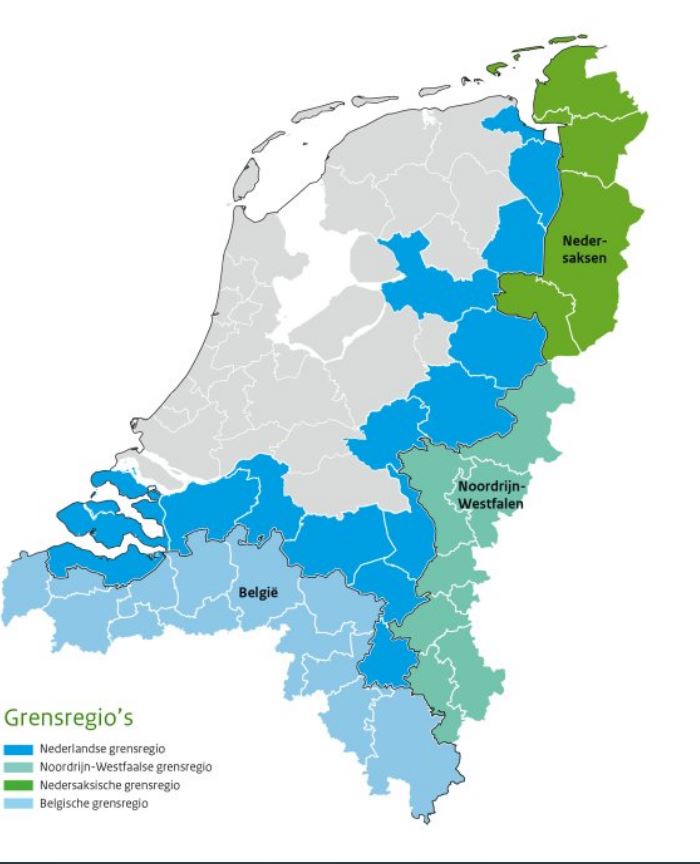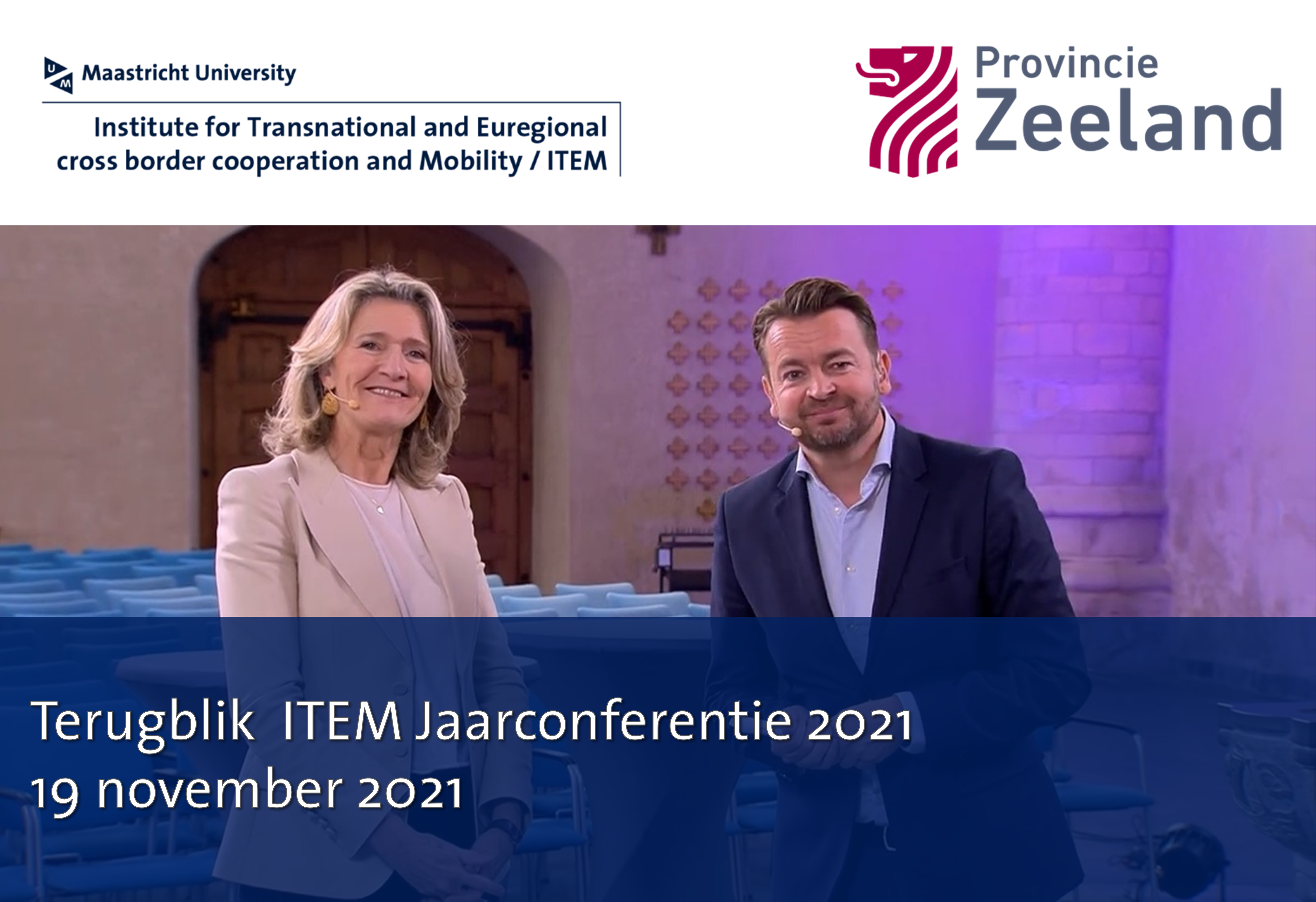Second report on corporate mobility in the EU published
The second report of the ITEM/ICGI project on ‘Cross-Border Corporate Mobility in the EU’ has now been published. The report identifies a continuous cross-border corporate activity and features a comprehensive country-by-country reporting to provide a fuller picture of cross-border company mobility in the EU.
Marcus Meyer and Thomas Biermeyer (Maastricht University / Faculty of Law) are conducting a three-year project on cross-border corporate mobility in the European Union and the European Economic Area in collaboration with the Institute for Transnational and Euregional cooperation and Mobility / ITEM and the Institute for Corporate Law, Governance and Innovation Policies / ICGI since March 2017, following a successful tender award by the ETUI (European Trade Union Institute) and a Jean Monnet grant by the European Union.
The second report on Cross-Border Mobility in the European Union, for example, shows a 55% increase in cross-border merger activity in the period of 2013 to 2018 compared to 2008 to 2012. Moreover, 324 cross-border seat transfers have so far been identified for the period 2013 to 2018, reflecting a continuous cross-border corporate activity, despite the lack of a regulatory framework on cross-border seat transfers in certain Member States, such as Germany or the Netherlands.
Compared to the last report, a comprehensive country-by-country reporting for each EU and EEA Member State has been added to provide a fuller picture of cross-border company mobility in the EU.
The report is available via SSRN .

Also read
-
On Wednesday 15 March 2023, there will be elections in the Netherlands. We will then vote for the Provincial Council and the District Water Board. Seven of the 12 Dutch provinces border a neighbouring country. Cross-border cooperation and special attention for border regions is therefore extra...
-
The importance of cross-border cooperation manifests itself more than ever during the coronapandemic. Multi-level governance is the foundation for taking the next steps; looking for each other and perpetuating relationships at all levels, in administration, politics and practice. This became clear...
-
Unless the EU rules and tax treaties are amended, some cross-border workers will soon have to pay tax in two countries: in their country of residence for hours spent working from home, and in the country in which they work for hours spent in the office. Since COVID-19 has made working from home...


